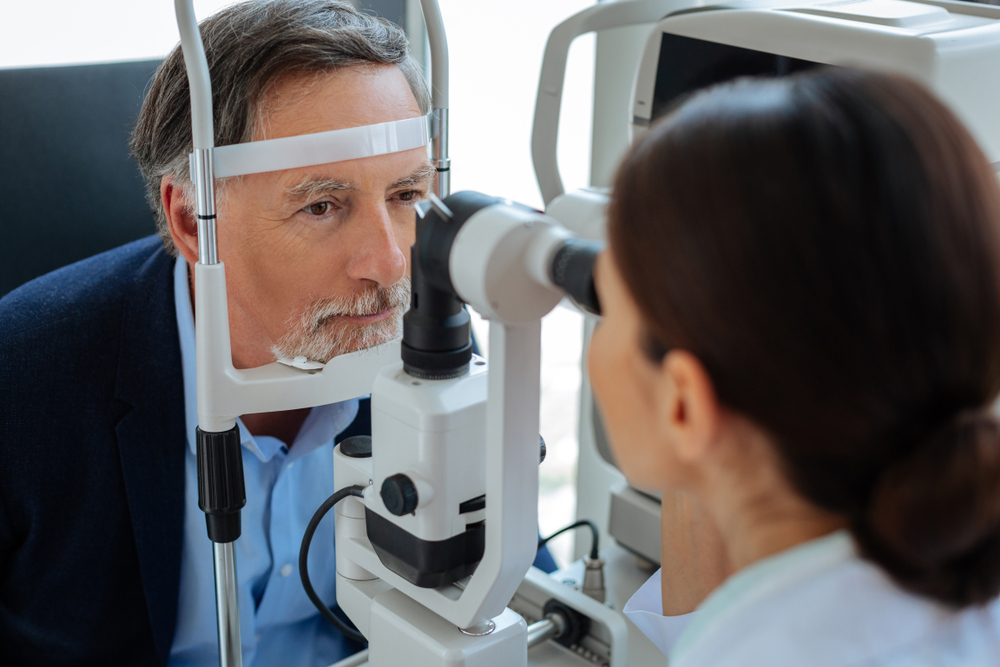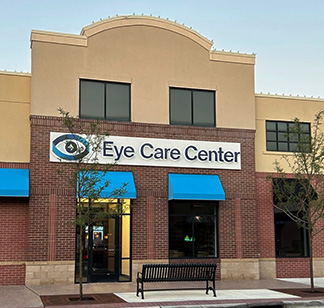
Low vision can make it hard to perform daily activities. This vision problem cannot be corrected using lenses or eye surgery. It is not blindness or complete vision loss, as the individual retains some sight. Low vision often includes poor night vision, blurry eyesight, and blind spots. It is often a result of eye diseases such as glaucoma, macular degeneration, and diabetes.
Types of Low Vision
Low vision does not cause total blindness, and it can often be improved using visual aids. It presents varying degrees of loss of sight that fall into two categories. Partially sighted describes individuals with a visual acuity of between 20/70 to 20/200 when wearing prescription lenses.
The legally blind category includes individuals with a visual acuity of less than 20/200 with correction lenses or a restricted field of vision. Types of low vision include central vision loss, peripheral vision loss, hazy or blurry vision, and night blindness.
Causes of Low Vision
Various eye conditions can lead to low vision. The vision condition is more common among seniors, but aging is not a cause. Some of the diseases that lead to low vision include:
Cataracts
Age-related macular degeneration
Glaucoma
Diabetic retinopathy
Low vision can also be due to genetic disorders such as retinitis pigmentosa, albinism, and eye or brain injuries. Eye cancer can increase the risk of developing low vision.
Testing for Low Vision
Eye care specialists often check for low vision during comprehensive eye exams. Vision testing includes reading letters on special charts from various distances. The doctor will check if the individual can see things in the middle and edges of the vision.
Tests include the use of lighting and magnifiers. A dilated eye exam allows doctors to examine the inner eye structures, including the back of the retina and blood vessels. The eye drops dilate the pupil, allowing the doctor to check for eye conditions that can cause low vision.
Is Low Vision Curable?
Unfortunately, low vision is not curable. The condition is usually permanent; in addition, eyeglasses, medications, or surgery cannot reverse the condition. Treatment can help individuals perform daily activities easily; sometimes, they prevent vision from worsening. Treatment options often depend on the specific condition responsible for the low vision. Your eye doctor can recommend the best option to improve your vision.
Treatment and Management of Low Vision
Visual aids are often prescribed for people with low vision. The aids make it possible to perform daily activities, and they include:
Magnifying glasses
Telescopic glasses
Hand magnifiers
Light-filtering lenses
Reading prisms
Closed-circuit TVs
Reading software
In some cases, doctors can recommend retinal prostheses to restore some vision for patients with retinitis pigmentosa.
If you suffer from low vision, you can make changes that will help you to see better. Using brighter lights when working and wearing anti-glare glasses can help. A vision specialist can offer tips on how to deal with low vision.
For more on low vision or to schedule an appointment, contact Eye Care Center in Fridley, Maplewood and Maple Grove, Minnesota at (763) 308-8440, (651) 777-3555, or (763) 420-6981, respectively.

















